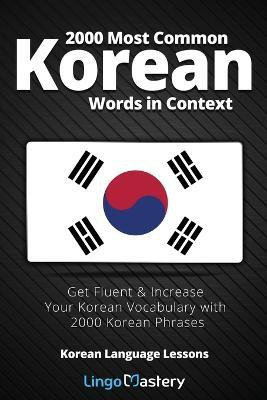
Getting Even (English, Paperback, Talpur Mustafa)
Share
Getting Even (English, Paperback, Talpur Mustafa)
Be the first to Review this product
₹449
₹499
10% off
Coupons for you
T&C
Available offers
T&C
T&C
T&C
T&C
Delivery
Check
Enter pincode
Delivery by26 Dec, Friday
?
View Details
Highlights
- Language: English
- Binding: Paperback
- Publisher: Bloomsbury Publishing India Pvt Ltd
- Genre: History
- ISBN: 9789389165708, 9389165709
- Pages: 238
Services
- Cash on Delivery available?
Seller
Description
Asia's phenomenal economic growth during last few decades is a remarkable success story in the fight against poverty. Between 2005 and 2012 alone, the number of people living in extreme poverty in Asia-Pacific was reduced by 1.1 billion-accounting for more than 90 per cent of the total poverty reduction achieved worldwide. However, these achievements have been overshadowed by the sharp rise in income and wealth inequality. The concentration of private wealth is of a greater concern. In several countries in Asia, the richest top 5% control close to 70% of the nation's total private wealth; the top 1% control more than 50%. This level of disparity has pervasive consequences for everyone. It stifles social mobility, undermines social cohesion, hurts long-term growth and reinforces inequality of opportunities. It encourages crime, sparks corruption and can lead to violent conflict. Left unchecked, growing inequality undermines the fight to end poverty and more people living with little hope. Such stark inequality is not inevitable - it is the consequence of political and economic choices. Deliberate policy choices have fostered the extremes of income, wealth seen across Asia today. It is against this context that book brings together a select group of academics across Asia to examine and bring forth positive stories about public policies introduced in last decade to address economic inequality. Scholarly written papers scrutinize the extent to which these policies have been successful. The book seeks to generate evidence across a range of contexts to demonstrate- what kind of governments programmes and policies have positive impact to reduce inequality and how these could be designed. These inspirational stories will fill the vital knowledge gap in Asia to foster peace and shared prosperity.
Read More
Specifications
Dimensions
| Height |
|
| Length |
|
Book Details
| Title |
|
| Imprint |
|
| Product Form |
|
| Publisher |
|
| Genre |
|
| ISBN13 |
|
| Book Category |
|
| BISAC Subject Heading |
|
| Book Subcategory |
|
| ISBN10 |
|
| Language |
|
Contributors
| Author Info |
|
Be the first to ask about this product
Safe and Secure Payments.Easy returns.100% Authentic products.
Back to top








